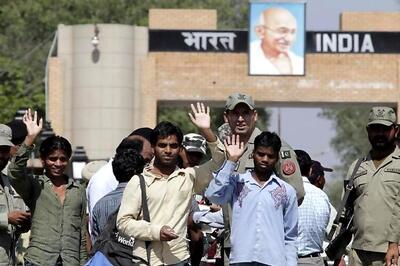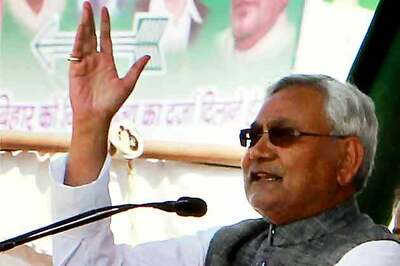
views
CHENNAI: For a country where suicide is the third major cause of death and for a state with almost 50 per cent increase in the number of suicides in the last decade, the number of NGOs working to stop suicides is surprisingly meagre (Eight, approximately). However, as you walk through a quiet neighbourhood off CP Ramaswamy Road, you will come across a perfectly normal-looking white house. As you enter, apart from the sign board on the façade, you will have no clue that it is a building from where a suicide helpline operates. At Sneha, the lines are open for telephone calls all day, all year and they welcome visitors from 8am till 10pm. The organisation provides counselling to people who call in with suicidal tendencies. But is counselling enough to save someone from killing themselves? “You need to convey to the other person that you understand what they are going through and increase their intent to live,” explains Dr Lakshmi Vijayakumar, founding member, Sneha. A recent study that the organisation carried out showed that if a volunteer spends two hours with a person with suicidal motives and their family, the number of successful suicides drops drastically to just one, when compared to the 10 if such regular checkups and intervention are not carried out.On the other hand, with 5 calls from suicidal individuals on an average per day, Nambikkai, a state-wide NGO based in Trichy, tries to reach as many callers as they can to extend help. On the topic of the scant number of NGOs that support suicide, Dr K Ramakrishnan, Executive Secretary of the trust says, “It is very difficult to deal with psychology as it becomes very stressful for the caregivers.” He adds, “There are also extensive laws and rules that most people are not willing to deal with.” He also firmly believes that the government has to contribute more to the process of preventing suicides. “108 is available for any sort of emergencies, so the government must come up with something more specific just for suicide victims.”



















Comments
0 comment